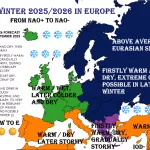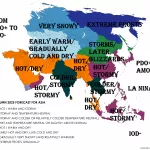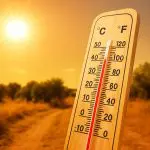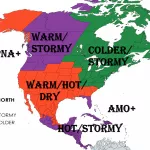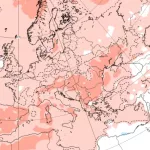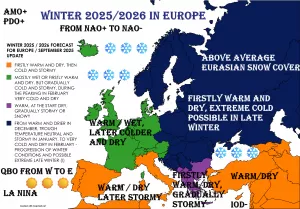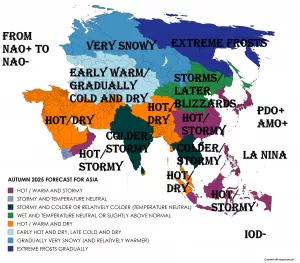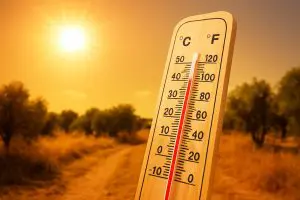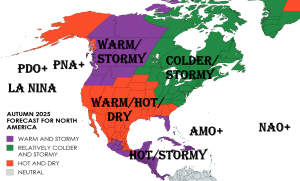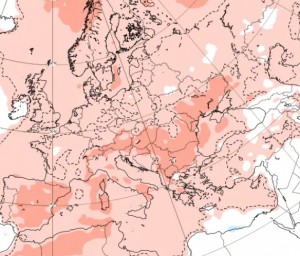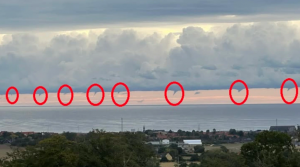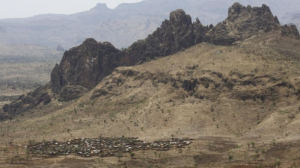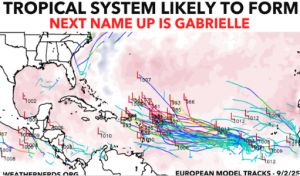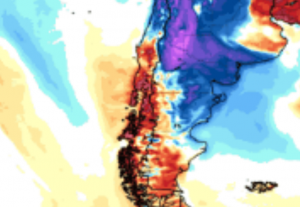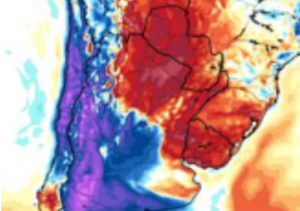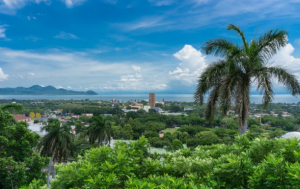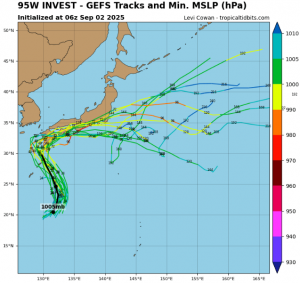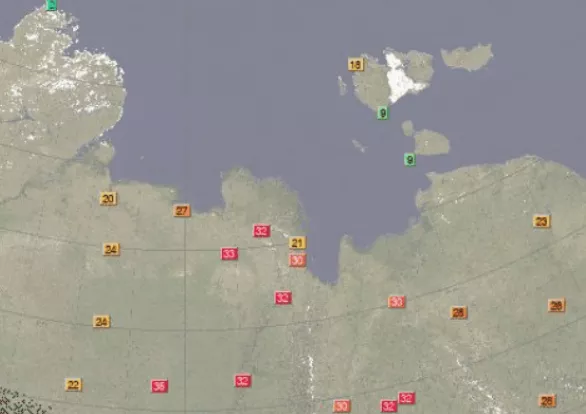
On July 22, 2025, the settlement of Habarova, located at an extreme latitude of 72° N, experienced an insane heat event that may set a new world record for the hottest day ever recorded above 72° latitude. Temperatures soared to a maximum of 32.1 °C (90 °F), with an astonishingly high minimum temperature of 21.5 °C (71 °F) overnight.
Such warmth at this latitude—deep within the Arctic Circle—is virtually unprecedented. Typical summer temperatures in these high Arctic regions rarely exceed low teens Celsius during the day and often drop close to freezing overnight. The fact that temperatures remained well above 20 °C at night points to a persistent heat dome and unusually warm air masses trapped by stagnant atmospheric conditions.
This event highlights the accelerating phenomenon of Arctic amplification, where polar regions warm at a rate far exceeding the global average. The consequences of such extreme heat in the Arctic are profound: accelerated permafrost thaw, rapid glacier melting, and disruption to fragile Arctic ecosystems and wildlife. The unusually warm nights also exacerbate the stress on plants and animals adapted to cold, stable environments.
For the local human population and scientific researchers stationed in the region, these extreme temperatures represent new challenges. Infrastructure designed for cold climates faces strain, and increased fire risks loom in tundra and boreal forest zones.
This record-setting heat day in Habarova is a stark reminder of the dramatic and rapid changes underway in the Arctic, emphasizing the urgency of global climate action to mitigate further warming and preserve vulnerable polar environments.

Illustration map. Source: https://x.com/extremetemps

